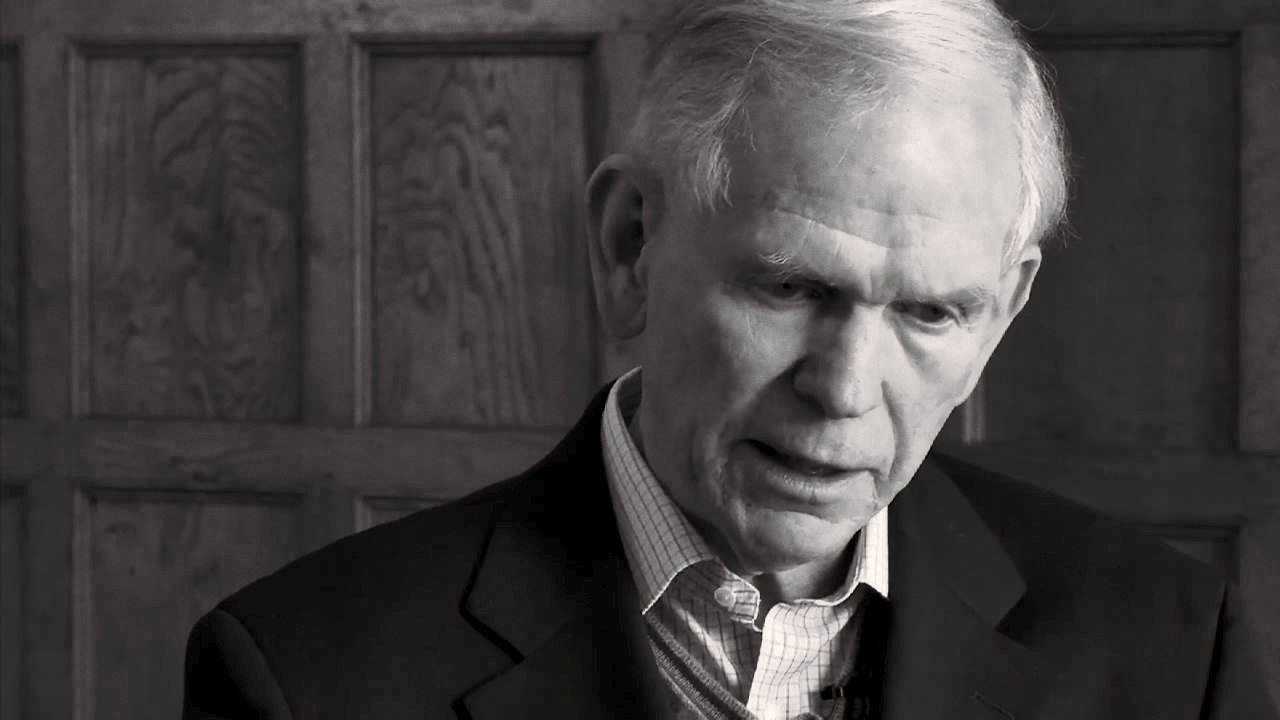by Ben Carlson, A Wealth of Common Sense
One of the biggest reasons people run into financial troubles is because most hate talking about money or their financial blunders. It’s a taboo subject. But I’ve found that working in the investment industry makes it much easier for people to randomly talk to me about their finances. I like to compare it to those sitting in the barber’s chair or on the psychologist’s couch. People are willing to open up when they hear you’re in the business.
With that in mind, I have some thoughts about giving financial advice. I’m sure there are others with a different perspective or experience, so take this as nothing more than one humble man’s approach to the task of financial advice-giving.
Never assume everyone can easily follow your advice. I often hear people in the finance industry speak of their investment process as if it’s so easy and great that everyone should be following it. Why doesn’t everyone just follow my advice and invest as I do? This line of thinking misses the fact that certain personality types just aren’t right for certain investment philosophies. There’s never going to be a one-size-fits-all portfolio or process.
And that’s okay. Every individual or organization is always going to have different circumstances, time horizons, goals, tax situations, risk profiles, research capabilities and opinions. I’ve seen far too many people in the industry get bent out of shape because everyone either won’t or can’t follow their same approach. Nothing works for everyone and if everyone followed the same advice or invested the in same way the markets wouldn’t function as well as they do.
Always make it easy to understand. Charles Schwab’s Liz Ann Sonders shared a great story on a recent podcast with Barry Ritholtz about her first TV appearance. It was on the classic show Wall Street Week with Louis Rukeyser. Sonders said that Rukeyser pulled her aside before they were about to go on the air and asked her if her parents worked in finance. When she said they didn’t, he told Sonders that her goal should be to get her parents to understand what she’s talking about during the interview. She said she’s taken that lesson to heart throughout her career and tried to speak plain English and avoid overly-complicated finance jargon, no matter the audience.
Anyone can try to sound impressive and talk over your head. It takes a really intelligent person to be able to break down the complexity of the markets and different investment strategies to make them easier to understand and digest. It’s not an easy task, but it should always be the goal.
Be honest. Along those same lines, one of the best ways to give advice is to be completely open and honest. One of the reasons so many in the industry use complexity and jargon is because it works as a way to fool or confuse their clients. Many firms have incentive structures in place that don’t allow their employees to be totally transparent with clients about the conflicts involved. Everyone is selling something, be it a product or a service, but the goal should be to get out in front of any problems that could arise from potential conflicts of interest and put everything on the table right off the bat.
It’s amazing how much easier it is to build long-term client relationships when everyone is honest right from the start. In the financial services industry I see this as a huge value-add and a big advantage for those giving the advice.
Be patient because these things can take time. Every investor is shaped in some way by their past experiences. Gains, losses, strategies employed, personality, experience and the amount of time in the markets all make a huge difference whether we admit to it or not. Some people are able to find their calling right away while it can be a trial and error process for others to figure out what works for them.
Some investors want to crush the market. Others don’t need to and would simply like to preserve their capital. Some people need shorter-term risk controls. Others can stand more volatility. Knowing your audience is the key here. Everyone’s circumstances and needs are different so an ability to recognize these differences is a useful tool for anyone giving financial advice.
You’re never going to save everyone. There are some people that are never going to get it. It’s sad, but true. There will always be investors that can’t help themselves or get out of their own way. I used to think everyone could be saved if they would only learn. But changing behavior is simply too difficult for many. In order for one group of investors to prosper, another group has to fail. It’s an unfortunate truth of the financial markets.
I learned a new term recently called the Einstellung Effect. In German, Einstellung means “attitude.” The effect refers to people’s tendency to become stuck in their ways. Basically, people tend to think and act as they always have, even if new or alternative ways of thinking are presented to them that are obviously better. People say they want good advice but what they really want is for you to agree with them. Generally, the people who succeed are those that are able to overcome this attitude and always have an open mind. This is true for both those giving and receiving advice.
Further Reading:
The Secret Sauce of the Investment Business
Vetting Your Sources of Financial Advice
How Our Memories Shape Market Cycles
Subscribe to receive email updates and my quarterly newsletter by clicking here.
Follow me on Twitter: @awealthofcs
Copyright © Ben Carlson, A Wealth of Common Sense













